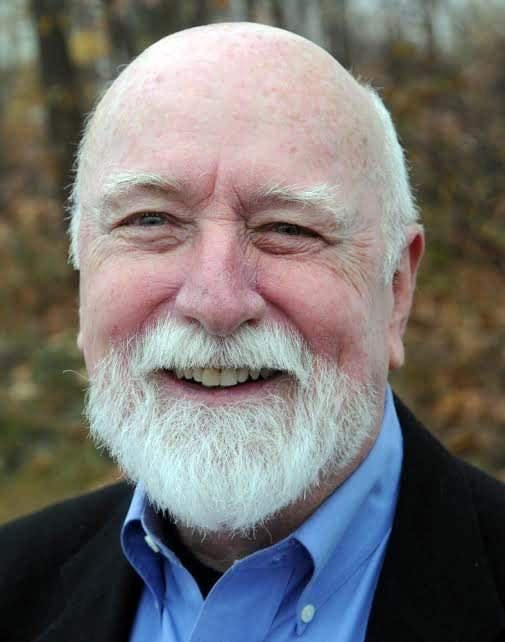The Observer: The brain of an older person
Last month a friend sent me an article reporting on the results of various studies of the aging brain.
The story featured a research project allegedly published in the prestigious New England Journal of Medicine. The general topic was “The Brain of an Elderly Person.” You may have seen reference to this, too, as the story about this “research” had been widely shared on social media.
The conclusions reached about these reported studies are stunning because they contradict both widespread beliefs about and common experiences of aging.
The authors claim that “the brain of an elderly person is much more plastic than is commonly believed.”

People’s most productive age, the article says, is from 60 to 70 years while the second most productive age is 70 to 80 and the third most productive is 50 to 60 years old. Could it be that at about 70 years old, "the brain begins to work at full strength”? Can we really be mentally more productive at 75 than we were at 45?
The conclusions of this “research” are encouraging andprovocative but also probably fictional. My personal experience leans more toward atrophy than plasticity but before dismissing this work out of hand, I wanted to verify the reported results. I looked for the original article in the NEJM but was unable even to find a reference to it in the Journal’s archive. My inherent suspicion about the validity of this research ticked up a bit.
I turned to Snopes.com, the fact-checking website,to confirm or deny the news.
It turns out Snopeshad not been able to find evidence that this study had been published either. The Snopes people reached out to the New England Journal directly and were told that the NEJM had never published such a study.
The Observer:Guns, mental health and American culture
We’ve all heard the expression: if something sounds too good to be true, it probably is. This would be a perfect example. We’d probably all like to believe that we get better in old age but clearly not everyone does. Consider the news about 67-year-old Bruce Willis who recently was diagnosed with dementia. The actor’s prime years and mental productivity are surely behind him. But how about the rest of us? How about our mental productivity?
Are there ways to encourage your brain’s plasticity and keep it from succumbing to entropy and aging? Some experts think the key is to stay mentally active. Keep reading, keep writing down your thoughts, keep up with the news, keep learning,use your imagination. These things can’t hurt, can they?
I started thinking about possible role models for productive aging. My favorite British writer Ian McEwan came to mind.
McEwan, nearly 75, might well be at his most productive age now. His 2022 book “Lessons”chronicles the aging of the main character, Roland Baines, from his coming of age to his becoming a widower.
The main driver of the story is a traumatic and inappropriate relationship which began when Baines was 14 years old. What held my attention, however, was not the trauma that looms over the book but the main character’s personal growth as he gets older. Both the author McEwan and his fictional contemporary Baines are well acquainted with aging and also coping with its challenges.
I am happy to recommend any and all of McEwan’s 20 novels but this one is special, capturing the world Baines (and McEwan) lived through and live in: the Cuban missile crisis, the fall of the Berlin wall, the COVID pandemic. It’s a story of their generation and of surviving dramatic changes unscathed.
Kerr: Maine’s oldest town rallying around state’s lobster industry
By the end of the novel McEwan’s main character is a better version of himself than he was at the beginning. The older Baines is better at relationships and also better at being alone. He’s stopped dwelling in the past and fretting about the future. He focuses on his granddaughter and how much he loves her. He learns to be alone with his thoughts; living with “silence, solitude, pointlessness, perpetual dusk.” Baines survives his life’s many tragedies.
In writing about him, McEwan demonstrates the author’s own neurological plasticity so admired by the article that began this column. Maybe there is hope after all that the healthy aging brain is not fiction. One can imagine McEwan already working on his next book and demonstrating by that what a brain “working at full strength” is capable of doing.
Ron McAllister is a sociologist and writer who lives in York.
This article originally appeared on Portsmouth Herald: The Observer: The brain of an older person
